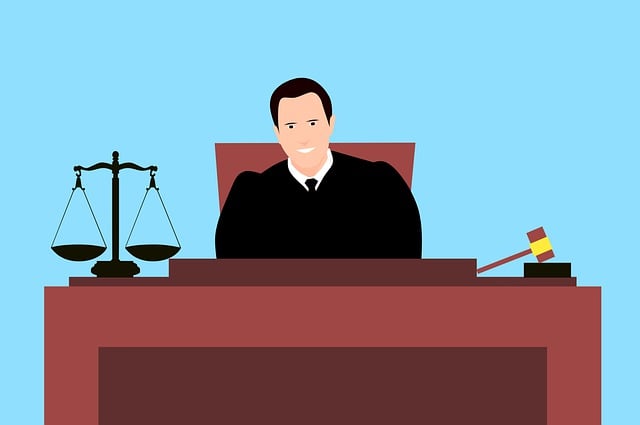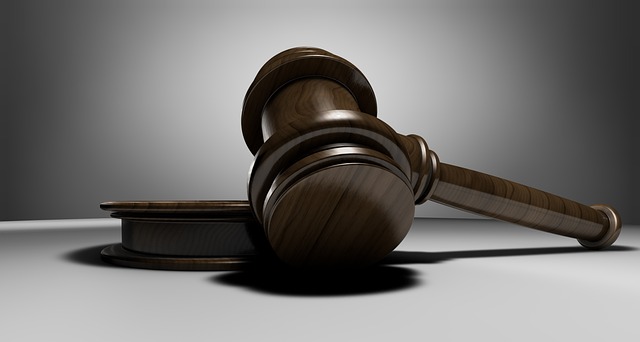Injury arbitration is a collaborative dispute resolution method where both parties present evidence and arguments to an impartial arbitrator who makes a binding decision. This alternative to trial offers efficiency and potential cost savings for personal injury cases. Preparation includes gathering relevant documents, understanding procedures, anticipating arguments, and consulting specialized legal counsel.
Navigating the injury arbitration process can seem daunting, but understanding the steps involved can help prepare you for what’s ahead. This article guides you through the entire process, from initial filing to final resolution. We break down each phase, explaining what happens during an arbitration hearing and offering essential tips for preparing your case effectively. By the end, you’ll have a comprehensive understanding of injury arbitration and feel empowered to advocate for your rights.
- Understanding Injury Arbitration Process
- What Happens During Arbitration Hearing
- Preparing for Your Injury Arbitration Case
Understanding Injury Arbitration Process

The injury arbitration process is a structured mechanism designed to resolve disputes outside of traditional court settings. Unlike trial, this alternative method encourages a more cooperative atmosphere where both parties actively participate in reaching a mutually agreeable solution. When faced with an injury-related claim, understanding how this process unfolds is crucial for anyone considering arbitration as their preferred route to justice.
In the context of personal injury cases, whether it’s a Miami truck accident lawyer handling a client’s claim or managing employment disputes, arbitration offers a more streamlined and potentially less expensive path. The process typically involves each party presenting their evidence, arguments, and perspectives to an impartial arbitrator selected from a qualified pool. This neutral third-party then deliberates the information provided and renders a binding decision, similar to a court judgment.
What Happens During Arbitration Hearing

During an injury arbitration hearing, both parties present their cases to a neutral arbitrator who acts as the decision-maker. This process involves detailed discussions about the incident leading to the injury and the liability involved. The claimant will need to prove that there was negligence or a breach of contract on the part of the defendant, which led to the personal injury. Evidence is presented in the form of documents, witness testimony, and sometimes expert opinions to support the arguments.
The arbitrator carefully evaluates all the evidence and arguments before making a decision. They consider the legal merits of the case, applicable laws, and relevant precedents. The goal is to reach a fair and binding resolution, which can often result in significant personal injury compensation for the claimant if the arbitrator rules in their favor. This process aims to provide an efficient alternative to lengthy and costly business litigation.
Preparing for Your Injury Arbitration Case

Preparing for an injury arbitration case can be a complex process, but with the right strategy, you can increase your chances of a favorable outcome. Start by gathering all relevant documents related to your injury, including medical records, police reports, and any evidence that supports your claim. This step is crucial as it helps in building a solid case. Consider consulting a car accident lawyer who specializes in injury arbitration to guide you through the process and ensure your rights are protected.
Additionally, prepare yourself mentally for the arbitration hearing. It’s common to feel anxious or overwhelmed, but understanding the procedure and knowing what to expect can help reduce stress. Familiarize yourself with the rules of arbitration, which may differ from traditional court proceedings. A good strategy is to anticipate potential questions and arguments from the opposing side, especially regarding your lost wages claim and any defective products involved in the accident.
The journey through the injury arbitration process can be complex, but understanding each step is crucial. By familiarizing yourself with what to expect, you can navigate this alternative dispute resolution method effectively. From initial claims to the final ruling, being prepared and informed will enhance your chances of a favorable outcome. Remember, injury arbitration offers a faster, more cost-efficient path to justice, where your case is heard by an impartial third party.






